Eddie "Lockjaw" Davis And Shirley Scott - Bacalao! (2019) [Hi-Res]
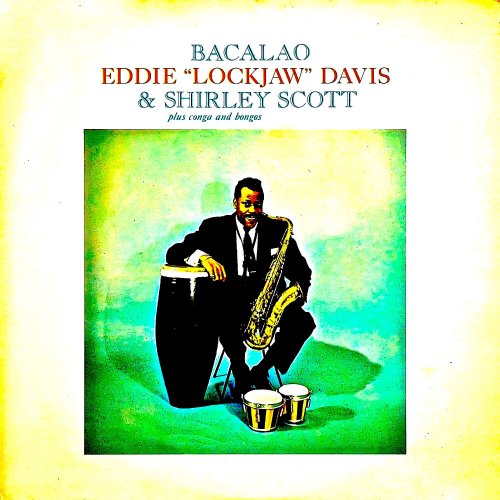
Artist: Eddie "Lockjaw" Davis, Shirley Scott
Title: Bacalao!
Year Of Release: 1960 / 2019
Label: RevOla Records
Genre: Jazz
Quality: FLAC (tracks) [44.1kHz/24bit]
Total Time: 43:29
Total Size: 491 MB
WebSite: Album Preview
Tracklist:Title: Bacalao!
Year Of Release: 1960 / 2019
Label: RevOla Records
Genre: Jazz
Quality: FLAC (tracks) [44.1kHz/24bit]
Total Time: 43:29
Total Size: 491 MB
WebSite: Album Preview
1. Last Train From Overbrook (Remastered) (5:07)
2. Sometimes I'm Happy (Remastered) (6:23)
3. That Old Black Magic (Remastered) (5:02)
4. Fast Spiral (Remastered) (4:35)
5. Dobbin' With Redd Foxx (Remastered) (5:29)
6. Come Rain Or Come Shine (Remastered) (4:54)
7. Dansero (Remastered) (5:33)
8. When Your Lover Has Gone (Remastered) (6:23)
When it came to tenor saxophonists, the late organist Shirley Scott had excellent taste. One of the big-toned tenor men she worked with extensively was Stanley Turrentine, whom she married; another was Eddie "Lockjaw" Davis. Recorded in Rudy Van Gelder's New Jersey studio in 1959, Bacalao is among the many solid hard bop/soul-jazz albums that resulted from Davis' association with Scott. The two of them enjoyed an incredibly strong rapport in the late '50s and early '60s, and they are very much in sync on Bacalao (which unites them with bassist George Duvivier, drummer Arthur Edgehill, and two Latin percussion men: Luis Perez and salsa giant Ray Barretto). The presence of Perez and Barretto gives the album some Afro-Cuban appeal, and both of them do well by Davis and Scott -- who are in fine form whether they turn their attention to two James Moody items ("Last Train From Overbrook" and "Dobbin' With Redd Foxx") or well-known pop standards (which include "That Old Black Magic," "Sometimes I'm Happy," "When Your Lover Has Gone," and "Come Rain or Come Shine"). In the liner notes that he wrote for Bacalao in 1959 or 1960, Amiri Baraka (formerly Leroi Jones) describes "Come Rain or Come Shine" and "That Old Black Magic" as "old beat-up tunes"; even back then, those Harold Arlen standards were considered warhorses. But Baraka also goes on to say that Davis and his colleagues revitalize the songs. Organ combo soul-jazz was still new and fresh in 1959, and Scott was helping Davis find new ways to interpret very familiar melodies. Although not quite essential, Bacalao is a rewarding example of Davis' ability to thrive in an organ/tenor setting. ~ Alex Henderson
Related Releases:
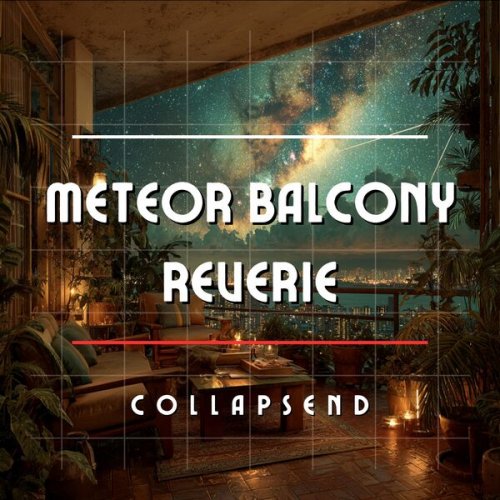
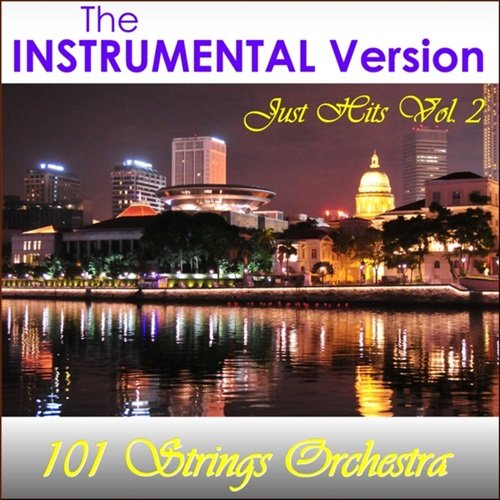
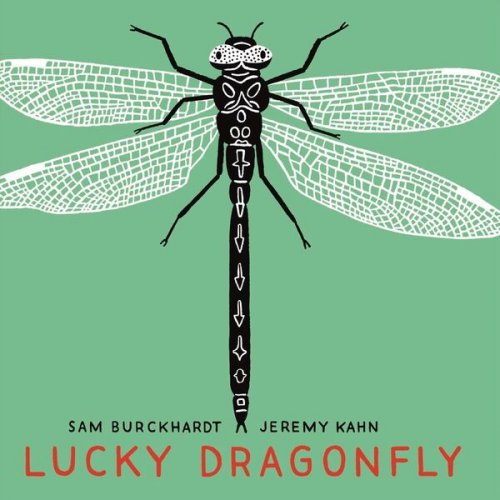
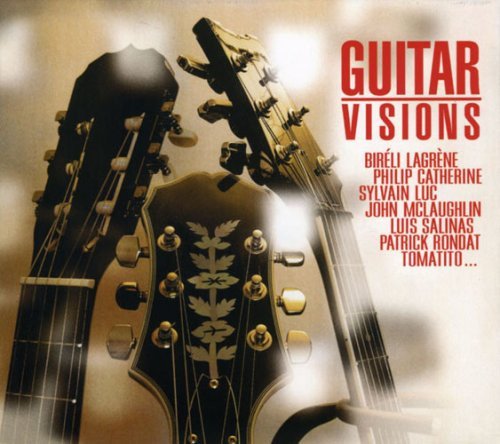
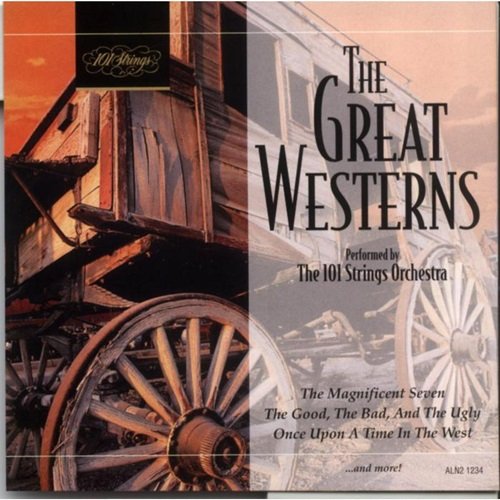
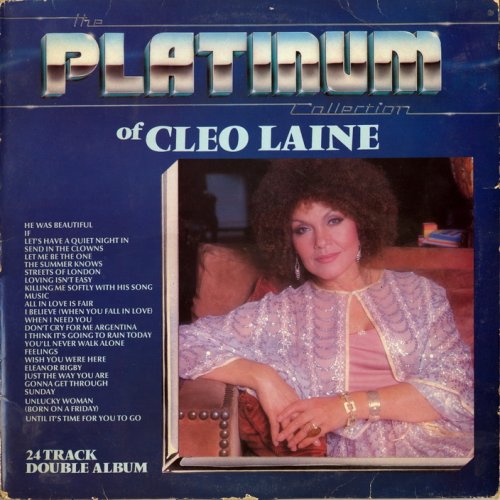
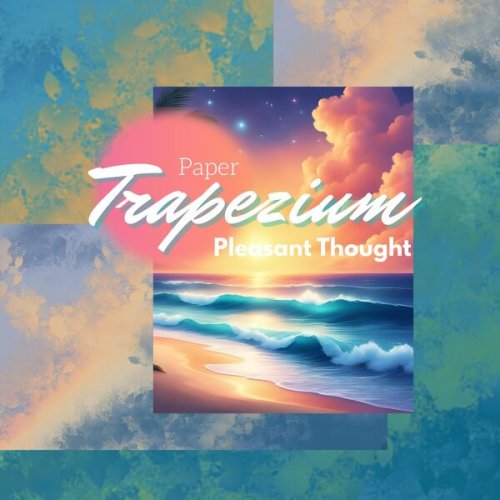
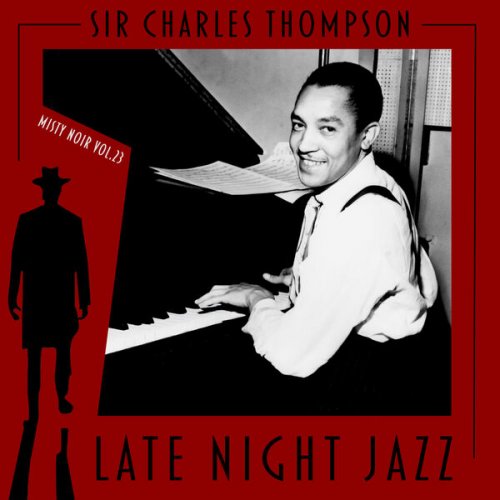
![Joachim Lyche - Primal Heuristics (2026) [Hi-Res] Joachim Lyche - Primal Heuristics (2026) [Hi-Res]](https://www.dibpic.com/uploads/posts/2026-03/1772436217_cff801v4shrqy_600.jpg)